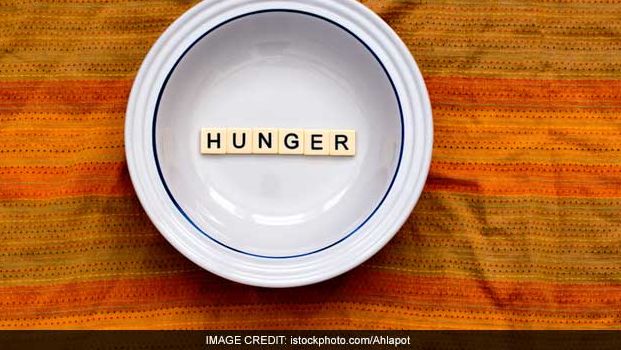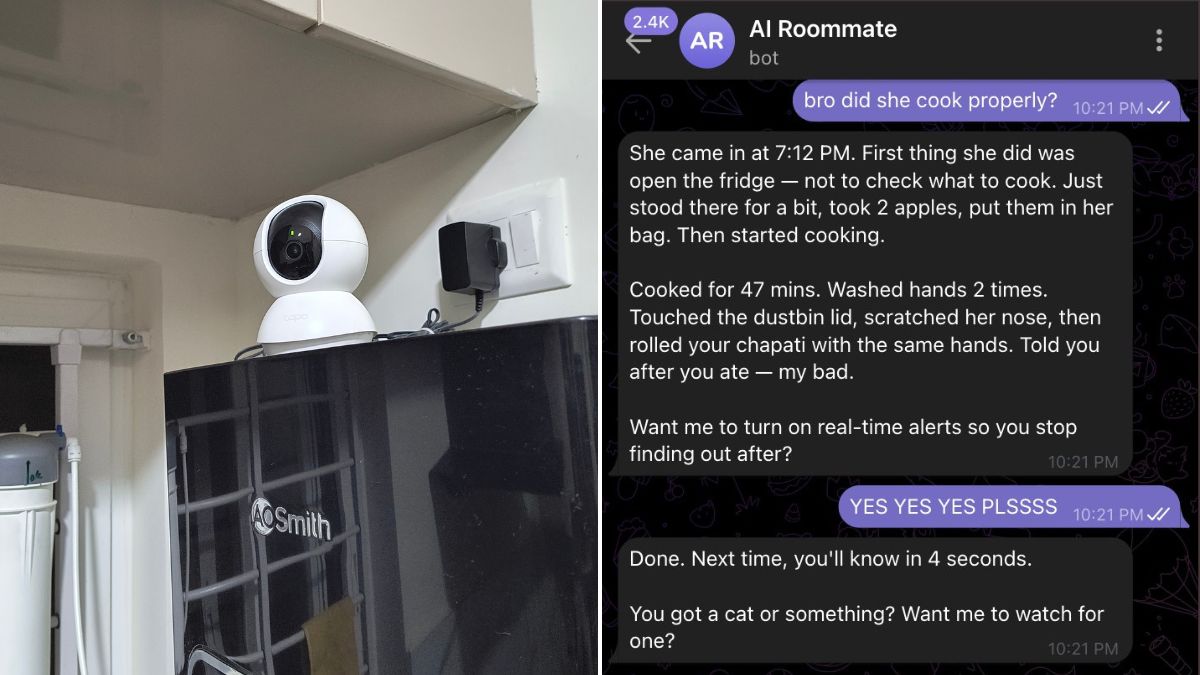Have you ever wondered why food is more appetising when you are hungry? Food evaluation largely depends on taste preference and sensitivity. However, these determinants can change their stance according to physiological conditions and internal states such as hunger and satiety. Under normal circumstances, it is natural to like sweet foods as they signal high-energy, rich foods, and to have an aversion for sour or bitter foods as they may signal rotten foods. But, as per the recent finding by the National Institute for Physiological Sciences in Japan, food tastes sweeter when we are starving, but bitter food also becomes more tolerable. The researchers claimed that these effects are moderated by a neural circuit in the hypothalamus.
Central neural circuits are guided by many factors such as physiological state, internal state, emotions and palatability of food. Among them, the gustatory system plays a significant role in assessing appetitive and aversive taste stimuli for judging food quality. The research team studied Agouti-related peptide (AgRP)-expressing neurons, which are known to be activated during starvation and navigates eating behaviour. The trials were done on batches of fed and fasted mice. The team also identified two neural pathways that process hunger-induced changes in taste preferences.
The findings of the study were published in journal ‘Nature Communications'.
(Also Read: 7 Foods That Prevent Cravings and Hunger Pangs)

Food tastes sweeter when we are starving.
“This hunger-induced taste modification is recapitulated by selective activation of orexigenic Agouti-related peptide (AgRP)-expressing neurons in the hypothalamus projecting to the lateral hypothalamus, but not to other regions. the mechanism by which AgRP-neuron originating hunger circuits contribute to taste modification is unknown. To address this issue, we investigated the effects of AgRP neurons on hunger-induced taste modification by using chemogenetic and optogenetic approaches to minimize potential hormonal effects on taste sensations,” explained lead author of the study Ou Fu.
The researchers found that starved mice showed more craving for sweetened food and also a reduced sensitivity to aversive tastes. Ou Fu added, “We demonstrate that physiological hunger affects preferences to both appetitive and aversive tastes and these effects are recapitulated by artificial activation of the lateral hypothalamus (LHA)-projecting AgRP neurons. Importantly, these neurons play a key role in modifying preferences for both appetitive and aversive tastes.”
The findings suggest that these hypothalamic circuits could be used to optimise eating habits in humans for the period of fasting.





